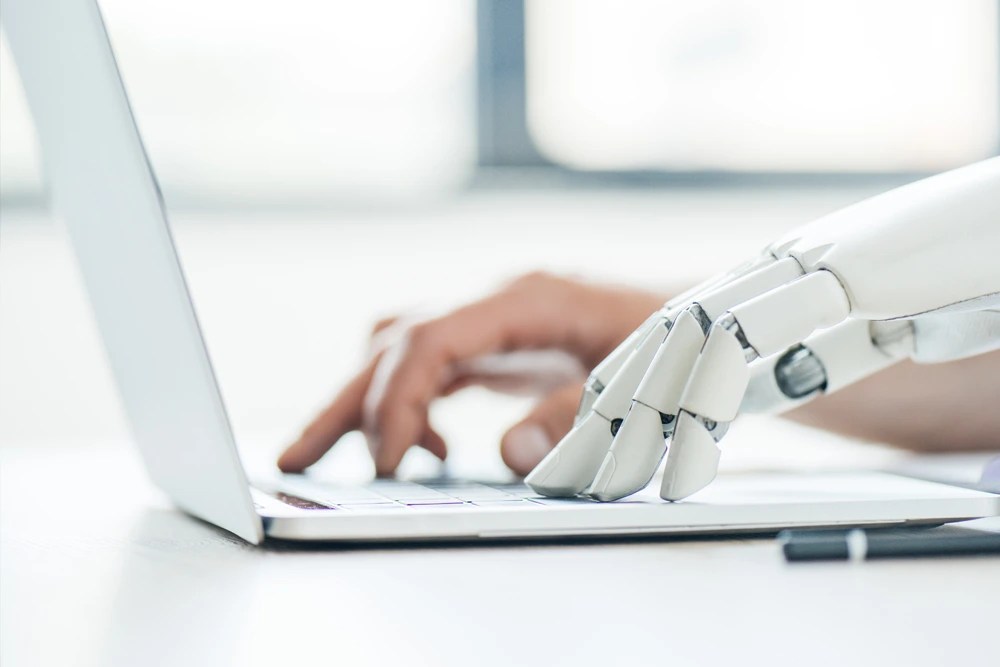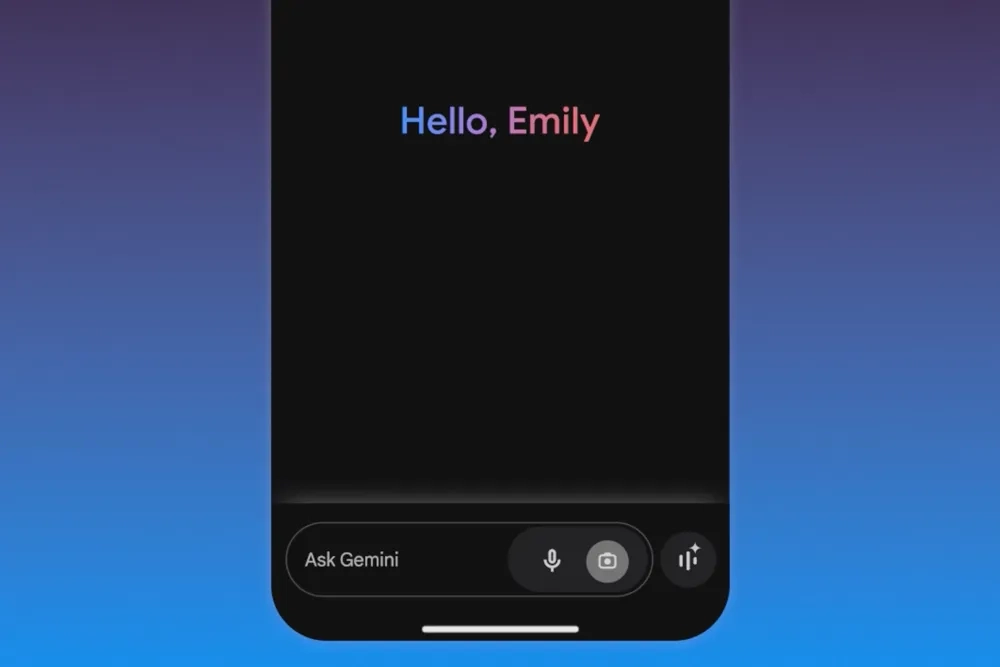As Artificial Intelligence (AI) continues to advance at an unprecedented pace, the ethical implications surrounding its use have become increasingly complex. One critical debate revolves around deploying AI in various sectors, such as copywriting, editing, grammar checking, and other job-related tasks. We explore ethical concerns surrounding AI use, particularly in ChatGPT, a powerful language model developed by OpenAI.
AI, especially ChatGPT, provides RHD a new level of professionalism. We have the ideas, AI polishes the delivery.
ChatGPT and similar AI models have shown remarkable capabilities in generating human-like text, making them valuable content creation and editing tools. However, ethical questions are being raised about the authenticity of content produced by AI.
Should we use AI to create content that might be indistinguishable from that written by humans? While AI can enhance efficiency, critics argue that reliance on AI in creative endeavours may undermine the unique qualities of human expression and creativity.
Furthermore, using AI for editing and grammar checking can homogenise language. The nuances and personal touch that human editors bring to their work may be lost when replaced by automated algorithms.
Another significant ethical dilemma associated with AI adoption is its potential impact on employment. As AI systems become increasingly proficient in tasks traditionally carried out by humans, there is a legitimate fear of job displacement. Automating roles could lead to job losses for many skilled professionals.
Companies must balance efficiency gains and ethical considerations when navigating the rapidly evolving landscape of AI.
Despite the potential benefits, businesses express reservations about fully embracing AI. A primary concern is the lack of transparency and accountability in AI decision-making processes. When using AI models, companies worry about potential biased outcomes, ethical lapses, or unintended consequences.
As we continue to integrate AI into various aspects of our lives, we will need to address these concerns, ensuring that the benefits of AI are realised without compromising our fundamental values and principles.
Editor’s Note: In preparing this article, we employed ChatGPT for assistance in copywriting and grammar refinement.





